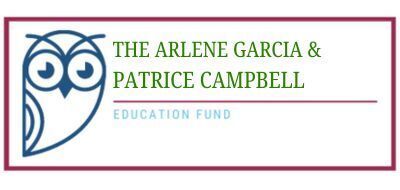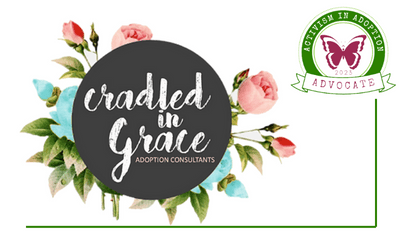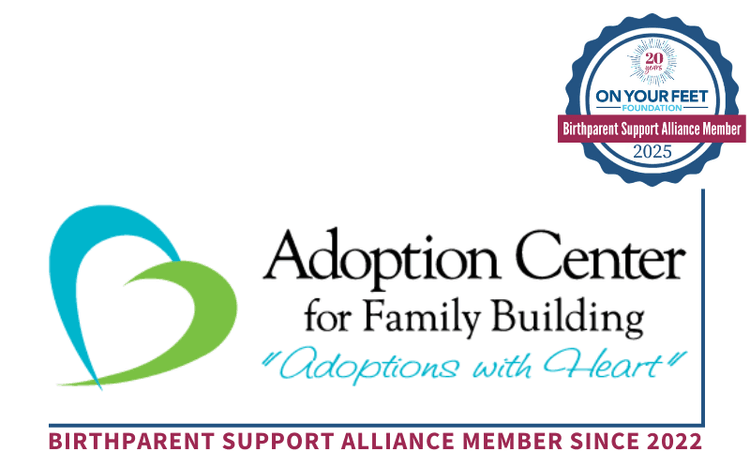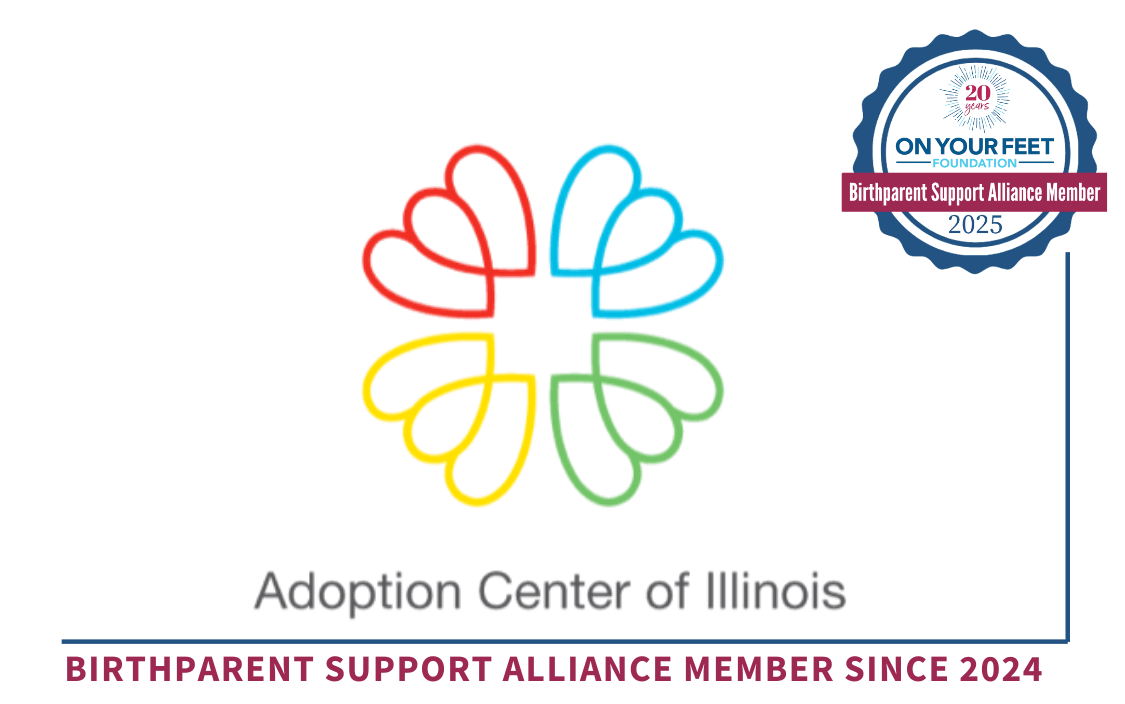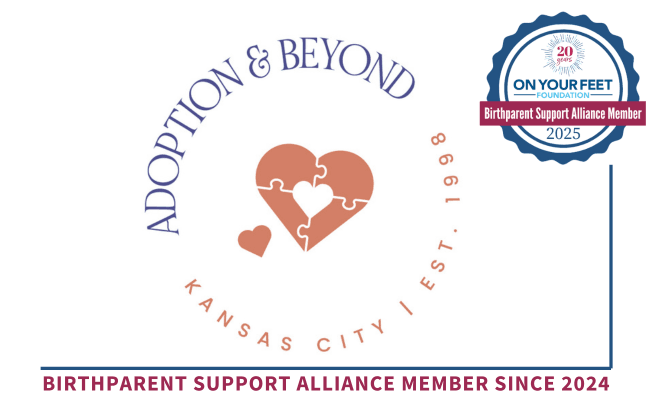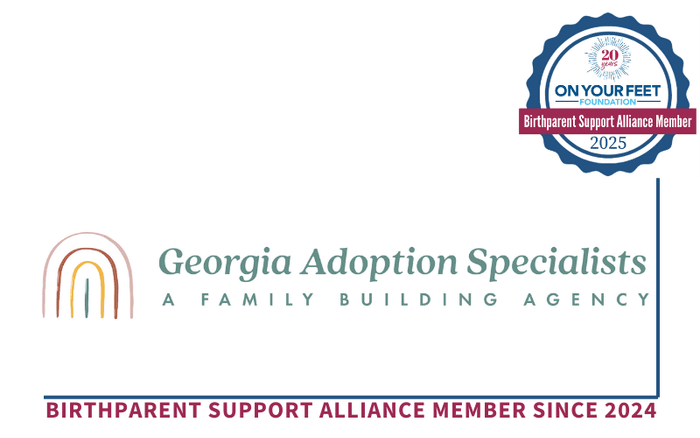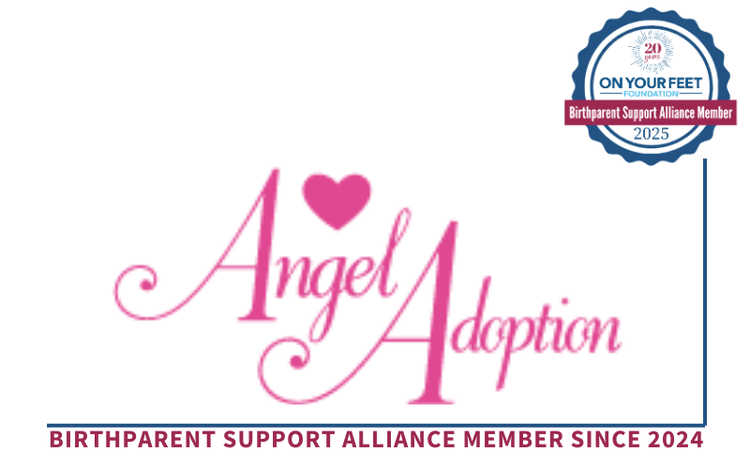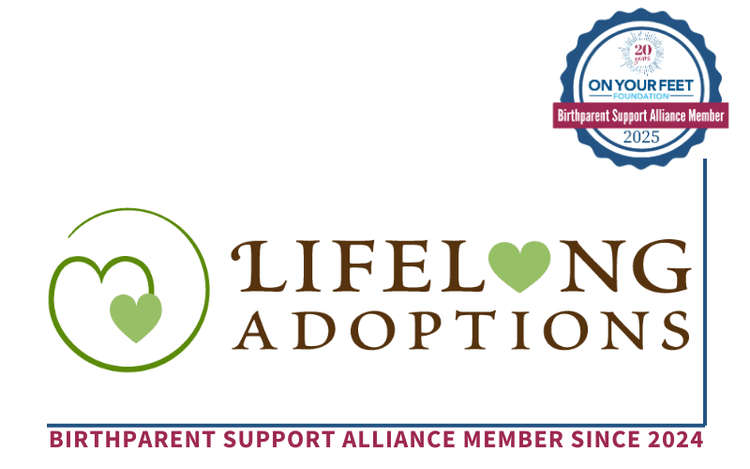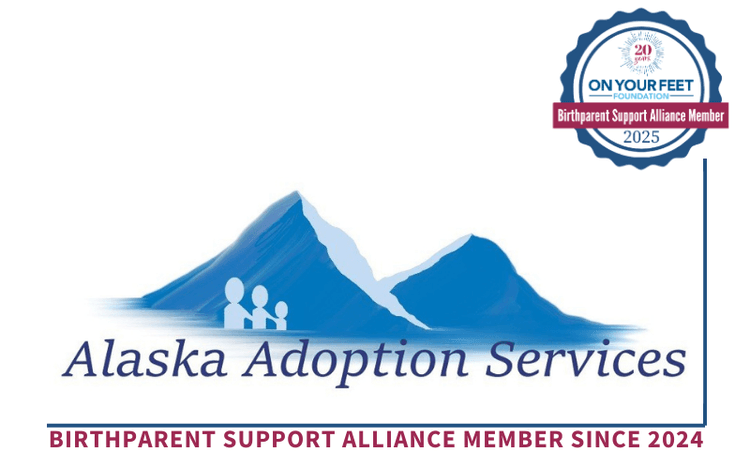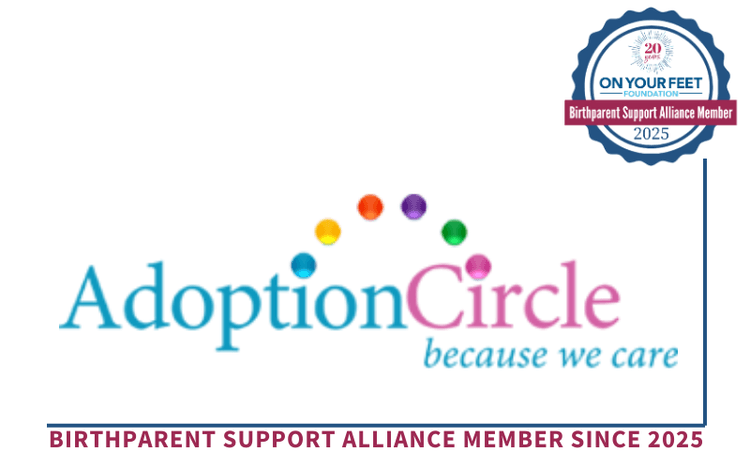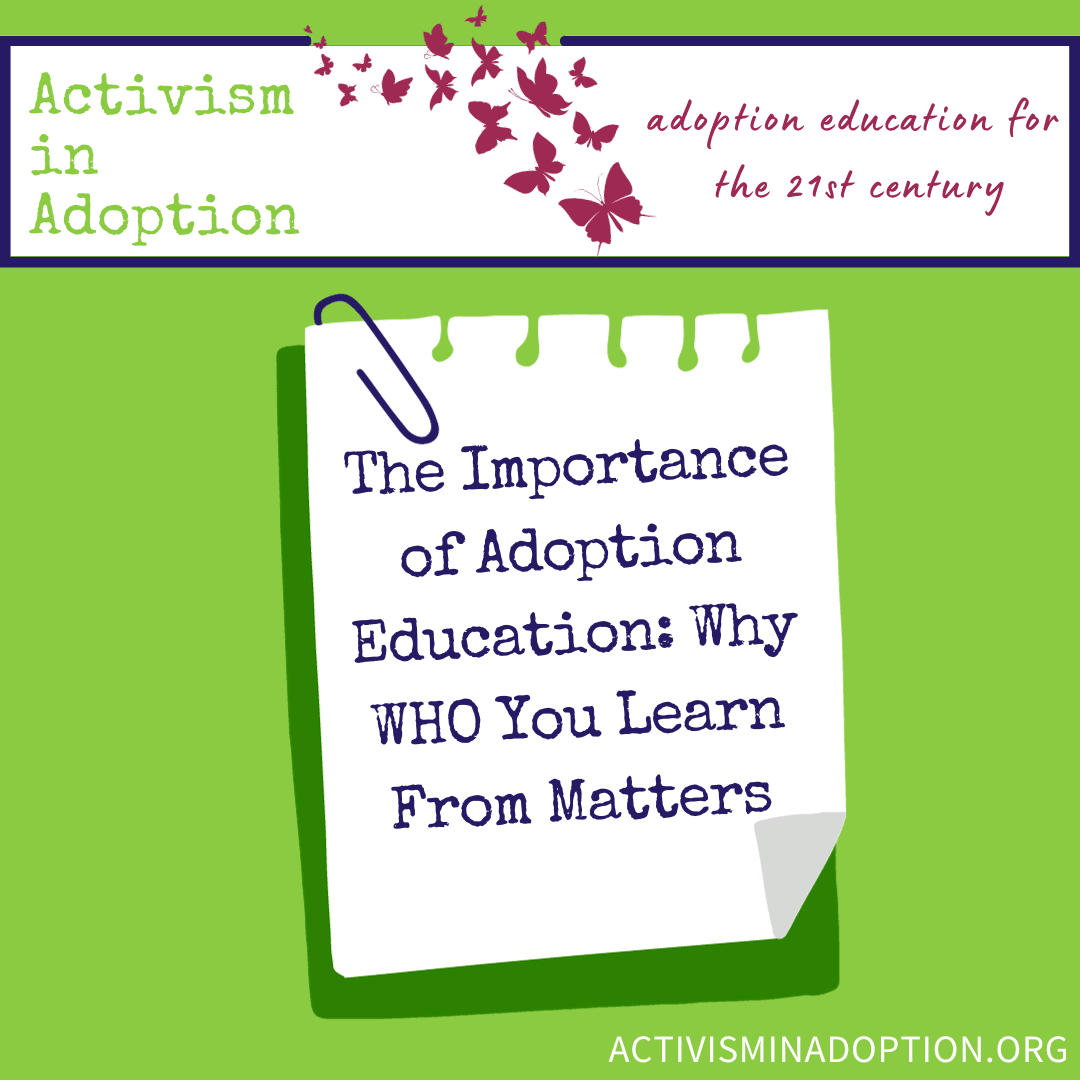
The texts from my adoption agency started out encouraging, and then became increasingly impatient. "We can't move forward with your paperwork until you complete your adoption education credits," they'd text me. "Why is it taking you so long? Most of our clients get it done in a week." Frustrated, I called my adoption social worker, who told me she was running a clinic on parenting and race the next weekend, and said she could make space for me.
The next Saturday I arrived to find a large room of hopeful adoptive parents, all white, and after we had gotten coffee and settled into our chairs, my (also white) Social Worker stood up and congratulated us on being open to adopting non-white children, and that our willingness to do so was a testament to our commitment to being against racism. Being in a room like this, she told us, gave her hope for the future, a utopian place she described as being "beyond race." It sounded wonderful, and the morning was clearly designed to have us feeling good about ourselves, but I left that room feeling uncomfortable and not having the language to explain why. None of you really need diversity training, she had told us. It's just a formality in the adoption process.
And then I became the mother of Ethiopian twins. By the time they were in second grade, I'd sat in countless classrooms as a parent volunteer, watching teachers call on white students in disproportionate amounts while ignoring Black students completely, and I'd had other moms on the playground, unaware of which two kids were mine, make disparaging comments about what kind of parents they must have. Neglectful parents, who didn't bother to show up, apparently, something, I was told, was common with those people. I listened to my kids when they came home and told me about the microaggressions they had experienced, and how sad it made them feel. And I struggled to help them, because I don't have the shared experience of being Black to draw from, and increasingly, I realized I didn't have the language to talk about what I was seeing and hearing.
The first book I read on race after adopting my children was Dr. Beverly Daniel Tatum's Why Are All The Black Kids Sitting Together in the Cafeteria. It was revelatory, and the foundation of my self-education. It gave me both the language and the tools I needed to figure out what I needed to learn, and it taught me why it was so important that I educate myself. And it opened my eyes up to something else, too: how to recognize whose voices are missing in the conversations I needed to have. Learning to see structural racism and implicit bias brought me back to my adoption education experiences. Not only did we not cover race adequately, but there was also never any mention of birthparents, or adult adoptees. There was no triad in my education. No recognition of the important voices missing from the conversation.
I had never wanted my adoption education experience to be about checking off a box on a list of things to do. I went into it enthusiastic to learn, and grateful for the opportunity, and it saddens me that my agency didn't take it as seriously as I did. But at the same time, I understand how that can happen. Conversations around adoption are hard. They require us to be humble, to learn how to hear each other, and to hear things that make us question what we believe. They show us where our assumptions are flawed, and remind us that each side of the adoption triad has a different point of view, and that we have to honor that, and learn from it.
It's why I am excited about the Activism in Adoption speaker series. Not only because one of the speakers is Dr. Beverly Daniel Tatum, who is one of the foremost experts on race in America, but because the speakers in this series are, overwhelmingly, either birthparents, adult adoptees, or experts like Dr. Tatum in a field that directly relates to adoption, race, and trauma. I am equally excited to see the composition of our panelists; each side of the triad represented, each side with an equal seat at the table, and all of us - speakers, and panelists, and attendees - committed to having the hard conversations, and learning from them. If I have learned anything in my years of parenting, it is that adoption education isn't a few hours you do to finish your paperwork, and then it's done. Rather, it is something adoptive parents should consider a lifetime commitment, and an investment in giving our children the strongest foundation we can. My investment this month is in watching a few of our videos on race in adoption, particularly with a focus on parenting teenagers, which is when the stakes get higher.
Until December 31st, 2022, you can join me in signing up for a month of education. Use the code Fall22AiA to get $100 off - it's an incredible deal, and for adoptive parents, an excellent commitment to ensuring that your education continues as your child grows.


